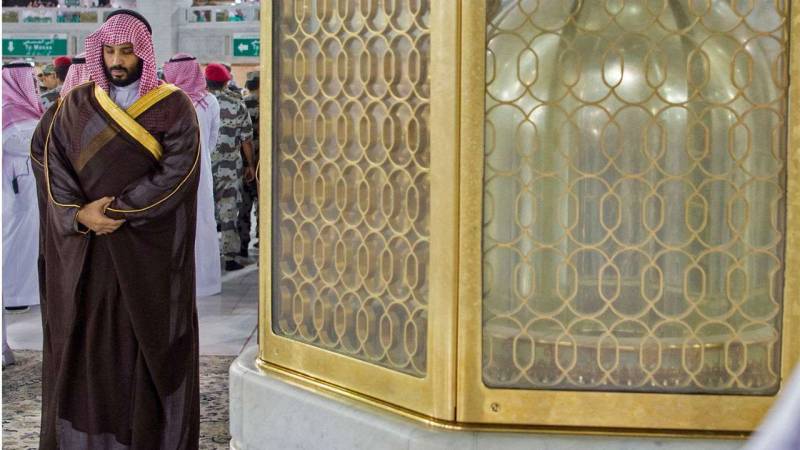
In October 2017 the Saudi crown prince, Mohammad Bin Salman (MBS), was quoted in international media insisting that he was ‘committed to return Saudi Arabia to moderate Islam.’[1] He added that this is the kind of Islam that the country had practiced before decades of experimentation with stricter forms of the faith which produced an extreme state and polity in the kingdom.
Salman pointed out that this happened mainly because of the 1979 Iranian Revolution. He explained that as a reaction to the revolution, governments in many Sunni-majority Muslim countries tried to enforce ‘rigid doctrines’[2] including Saudi Arabia. He said that “they (the Sunni-majority countries) didn’t know how to deal with the rise of radical Islam in Iran.”
Though still not a king, Salman already wields great influence and power within the Saudi monarchy. So his comments raised eyebrows across the kingdom and also across two separate segments within the international community which hold differing perceptions of Saudi Arabia.
One of these segments is mostly made up of observers in Europe and the US, and ‘moderate’ and ‘liberal Muslims’ in various Muslim countries. For long they have maintained that in the last many decades, the Saudi state formulated various ‘harsh strands’ of the Muslim faith. They say it did this to suppress dissent within the kingdom. They add that the kingdom then began to export these strands to other Muslim countries. They say that this was achieved through the power of the ‘Petro Dollar’. Consequently, this policy radicalized various Muslim states and societies which gave birth to some unprecedented forms of extremist terror. Ultimately, the move returned to haunt Saudi Arabia as well.
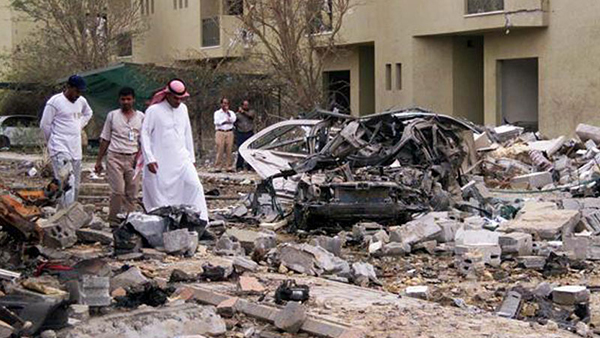
Many observers believe that over the decades Saudi Arabia financed various extremist groups but the move eventually came back to haunt the country.
The other segment has always defended the aforementioned policy, saying that Saudi Arabia did so to ‘counter-balance’ the influence of revolutionary Iran which had begun to disseminate its brand of radical political Islam after the 1979 revolution.
This segment also claims that the formulation of harsh Saudi policies within the kingdom and their export to other Muslim countries was necessary to combat ideas such as communism, socialism and secularism in the Muslim world. Not surprisingly, a majority of those belonging to this school of thinking were the direct recipients of financial and political Saudi patronage.
Nevertheless, after MBS coming under severe criticism abroad for allegedly ordering the gruesome murder of a Saudi dissident, the narrative held by the second segment has largely been shaken by Salman. The November 5, 2017 edition of The New York Times (NYT) reported that on November 4 the same year, Salman ordered a severe crackdown against the kingdom’s ‘influential clerics’ and religious establishment. The newspaper added that members of this establishment had for years used the kingdom’s oil wealth ‘to promote their intolerant interpretation of the Muslim faith to the world.’ The same day 11 high-ranking princes from the ruling Saud family were also arrested. NYT reported that the arrested princes had disagreed with Salman’s attempt to isolate Qatar and were accused of having links with the Muslim Brotherhood organization.
While explaining his vision of a ‘moderate Saudi Arabia,’ Salman has often alluded to the policies of former Saudi monarch, King Faisal Abdulaziz. Faisal was assassinated in 1975, apparently by the brother of a man who was killed by the Saudi police in 1966. The man had been a part of a rally in Riyadh whose participants were protesting against Faisal’s decision to launch the kingdom’s first television station.
Faisal is still remembered in the Kingdom as being one of Saudi Arabia’s ‘most progressive’ and ‘modernist’ monarchs. He came to power in 1964 through a ‘palace coup’ which he pulled off against his brother and the sitting monarch, Saud Bin Abdulaziz. Farzana Moon in No Islam But Islam wrote that Faisal (as prime minister) was critical of his brother for ‘squandering the kingdom’s oil wealth.’ Faisal used the Saudi National Guards to oust Saud who had been in power since 1953.
James P. Jankowski in his book Nasser’s Egypt wrote that at the time of Faisal’s ascendance, the Middle-East in general and the Muslim world at large were awash with two modernist and left-leaning ideas: Arab Nationalism and Ba’ath Socialism. The charismatic Egyptian president and Arab nationalist Gamal Abdel Nasser was being hailed as the ‘leader of the Muslim world.’ Jankowski quotes Nasser describing Saudi Arabia as being ‘backward’ and ‘regressive.’
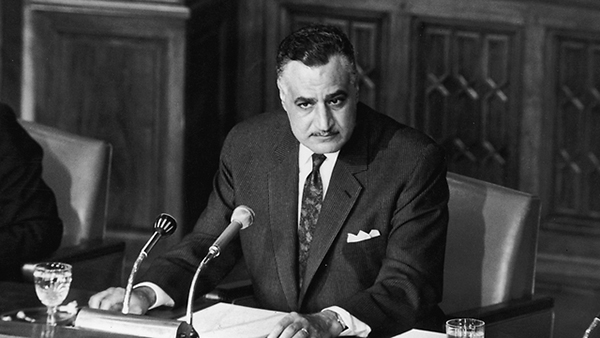
Arab nationalist and Egyptian president, Gamal Abdel Nasser, was hailed as ‘the leader of the Muslim world’ from the early 1950s till his death in 1970.
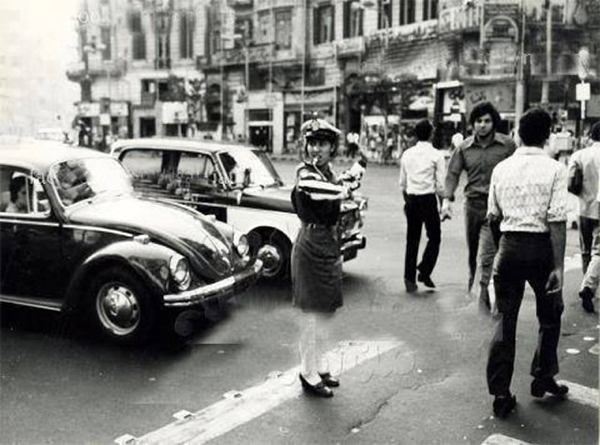
Cairo, 1960s. The Egyptian state under Nasser and most Egyptias considered Saudi Arabia to be ‘backward’ and ‘regressive.’
In her 2011 book on the Saudi monarchy, Professor Sherifa Zuhur wrote that to counter Nasser’s influence over Arab youth, Faisal tried to rapidly modernize Saudi Arabia. He introduced television, encouraged modern education and allowed Saudi women to work alongside men in offices. Mordechai Abir, in his 1987 essay, ‘The Consolidation of the Ruling Class and the New Elites in Saudi Arabia’ wrote that Faisal soon began to face resistance from members of the country’s powerful religious establishment. As a result, Faisal blocked their entry into the higher echelons of his regime.
When Nasser’s influence began to recede after his sudden demise in 1970, Faisal rose to become a popular figure in the Muslim world, especially when he placed an oil embargo on the US and those European countries that had supported Israel during the 1973 Egypt-Israel War. This is also when Saudi Arabia began to pour money in the coffers of developing Muslim countries to earn a major say in their affairs.
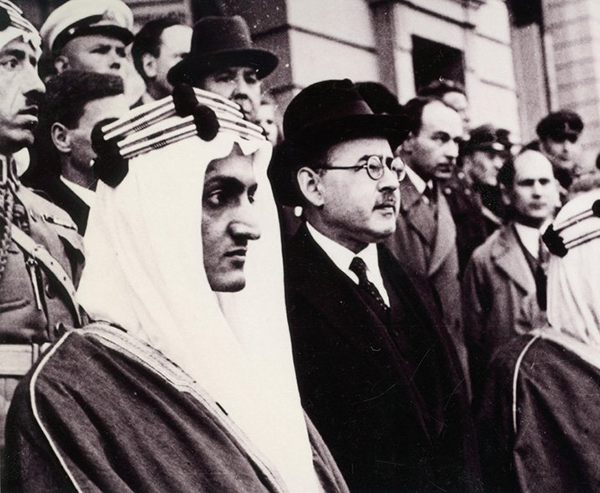
King Faisal.
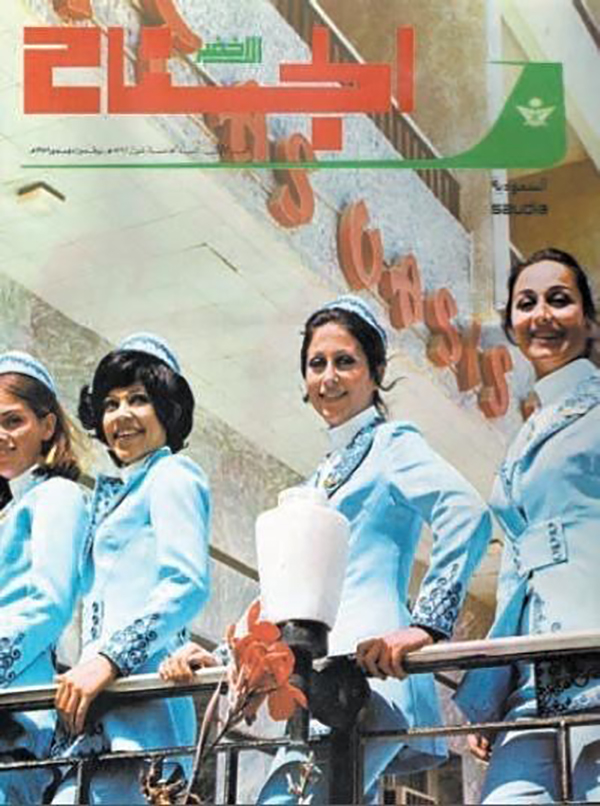
Faisal initiated some major reforms in Saudi Arabia.
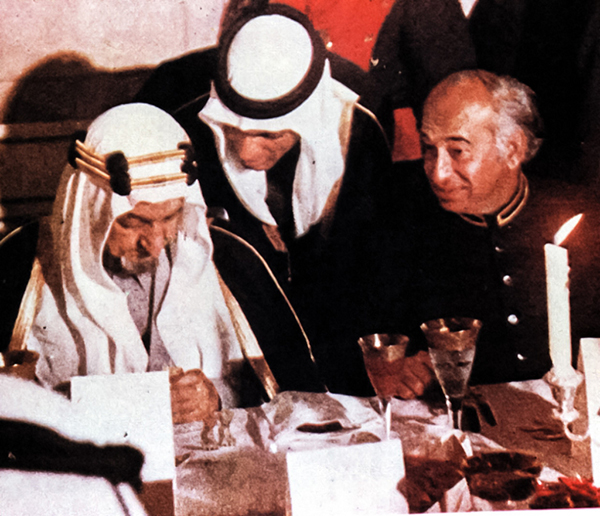
Faisal also used Saudi wealth to spread his country’s influence in other Muslim countries.
The princes, who were arrested on Salman’s orders are said to also have had links with the Muslim Brotherhood. This is interesting because Salman sees Faisal as his hero but it was during Faisal’s tenure that Saudi Arabia became a major supporter and financer of the Brotherhood. An Egyptian organization, the Brotherhood had been opposing Nasser’s regime across the 1950s and 1960s. Many of its members, exiled by Nasser, were taken in by Faisal and allowed to study at and operate schools, colleges and universities in the Kingdom.
It is only recently that the long love affair between the Saudi monarchy and the Brotherhood began to erode. In his April 17, 2017 essay in the Middle East Eye, David Hearst wrote that Egyptian leader Abdel Al-Sisi had managed to convince the Saudis about the threat that an organized outfit such as the Muslim Brotherhood posed to the monarchy.
Salman is vigorously pushing ahead with his political, social and economic reforms. It will be interesting to see what impact these changes will have on the politics and polity of those Muslim countries where the now elapsing strand of Saudi ideology and faith had been embraced and imposed.
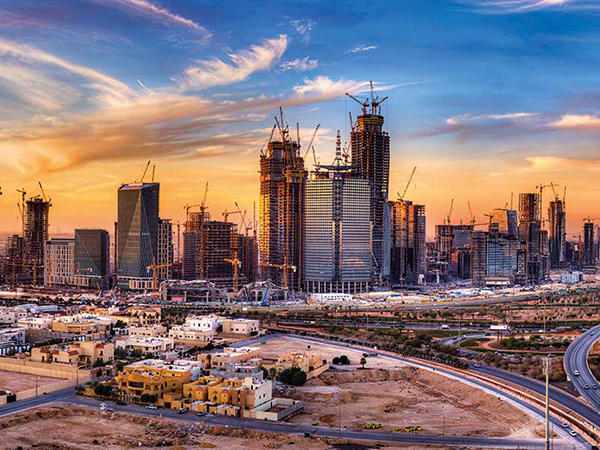
Saudi Arabia is building tourist resorts in an area which is said to be the size of Belgium! The resorts will be located on 50 islands in the Red Sea. Saudi Arabia’s laws will not apply here. This means restrictions on dressing (for women) and on alcohol will not hold here. These resorts would be initially opened for non-Saudis but eventually the citizens of the Kingdom will also be allowed to visit. Saudi Arabia has already lifted the ban on women drivers.
[1] The Guardian (27 October, 2017).
[2] Ibid.
